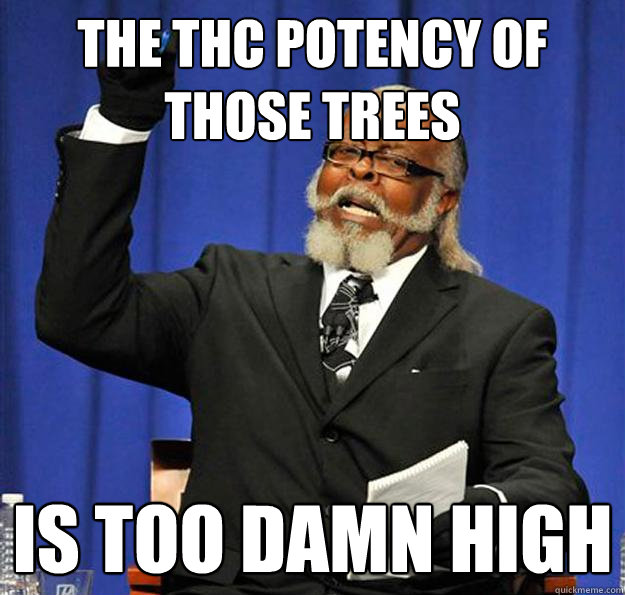The last couple days an article has been floating around various news stations courtesy of the associated press. The headline reads: 5 years In, Washington Considers Overhaul of Pot Regulation.
In the article they detail certain changes that the Liquor and Cannabis Board have been mulling over.

Potential changes that were touched on included spreading out the regulation of marijuana businesses to other state departments and re-thinking the state’s seed-to-sale tracking program. In my opinion, having the Department of Ecology overseeing the certification of marijuana testing labs would tighten up a lot of the slack and misinformation that slips through the industry from time to time.
I’ve chatted it up with a few different lab technicians about the legitimacy of THC percentages on labels and how they might not be as truthful as the average consumer may believe. One of the guys I chatted with who shall remain nameless put it like this.
He said, “Company’s know that the consumer demand is calling for high THC percentages, they are going to do whatever they can to get the highest THC percentages documented on their labels. A lab technician might be able to falsify a THC percentage by altering the formula used to test the product, i.e. use 8ml of solvent instead of 10ml to get a more concentrated test result.”
Right now, the Liquor and Cannabis Board would have to get a significant complaint in order to investigate the malpractice of any specific testing facility. This has happened in the past and testing facilities have ceased to exist. I think that if the Department of Ecology was tasked with certifying and enforcing these testing facilities there may be less issues with funny numbers on our labels.
I’ve said it before and ill say it again, the biggest misconception of the i-502 industry is that the higher the THC on the label the better the product. Oh and one more… that 32% THC on that eighth you’re buying is probably lying to you.

Enough rambling… back to the Associated Press article… They outlined two very progressive proposed bills for the next session of legislature.
One bill would encourage greater ownership of marijuana businesses by minority, women, or veteran citizens and would offer grants and other technical assistance to businesses that qualify.
Another proposal would allow tier-1 producers to sell directly to medical patients either on-site, by delivery, or through a farmers market style as long as it met the regulations set in place.